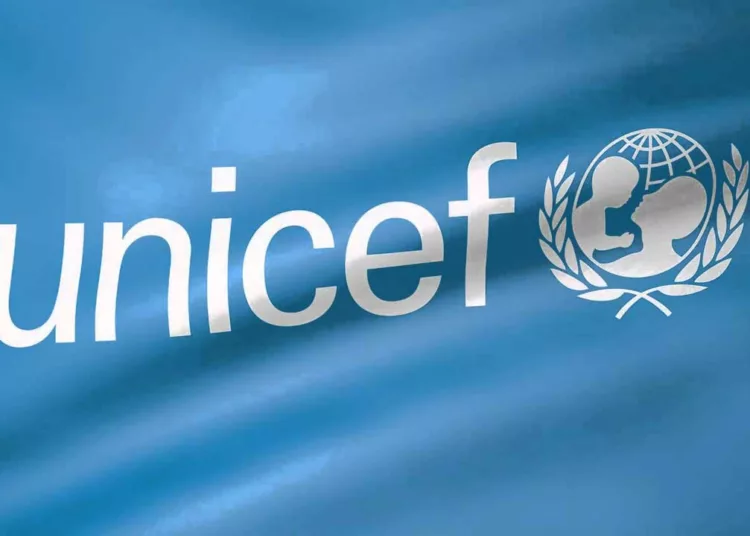An analysis by the United Nations Children’s Fund (UNICEF) has revealed that nearly half a billion children are experiencing at least twice the number of extremely hot days annually compared to their grandparents.
This alarming increase in extreme heat days, defined as temperatures exceeding 35 degrees Celsius (95 degrees Fahrenheit), underscores the rapid pace of climate change and its profound impact on younger generations.
The analysis compared the 1960s with averages from 2020 to 2024, revealing that one in five children now faces a drastic rise in extremely hot days.
Highlighting the development, UNICEF’s Executive Director, Catherine Russell said, “The hottest summer days now seem normal. Extreme heat is increasing, disrupting children’s health, well-being, and daily routines.”
The data shows a stark contrast in country-level experiences. For instance, in South Sudan, children are enduring an average of 165 extremely hot days annually, a significant increase from the 110 days recorded in the 1960s.
Similarly, children in Paraguay now face 71 extremely hot days per year, almost double the number from six decades ago.
Globally, children in West and Central Africa are facing the highest exposure to extremely hot days. Approximately 123 million children, or 39 percent of the region’s youth, now endure temperatures above 35 degrees Celsius for more than a third of the year.
UNICEF further disclosed that In countries like Mali, Niger, Senegal, and Sudan, the heat exposure can last up to 212 days annually.
The effects of extreme heat on children are multifaceted.
Heat stress can lead to various health issues, including pregnancy complications, malnutrition, and a higher susceptibility to infectious diseases like malaria and dengue.
Additionally, prolonged exposure to heatwaves can impact neurodevelopment and mental health.
The analysis also highlights the broader implications of climate change on children’s health. The intersection of extreme heat with food and water security, infrastructure damage, and service disruption further exacerbates the challenges faced by children, particularly in vulnerable communities.
In the light of these findings, UNICEF is urging global leaders to take immediate and decisive action.
As countries prepare to submit their new national climate plans under the Paris Agreement, there is a unique opportunity to prioritise children’s health and well-being.
UNICEF’s recommendations include reducing emissions, adapting essential services to cope with climate change, and empowering children with education and skills to champion environmental sustainability.
Russell emphasised the urgency of the situation, noting that children are particularly vulnerable to extreme heat due to their physiological differences from adults.
“Governments must act to get rising temperatures under control,” she urged, highlighting the critical need for ambitious climate action to secure a sustainable future for today’s children and generations to come.





